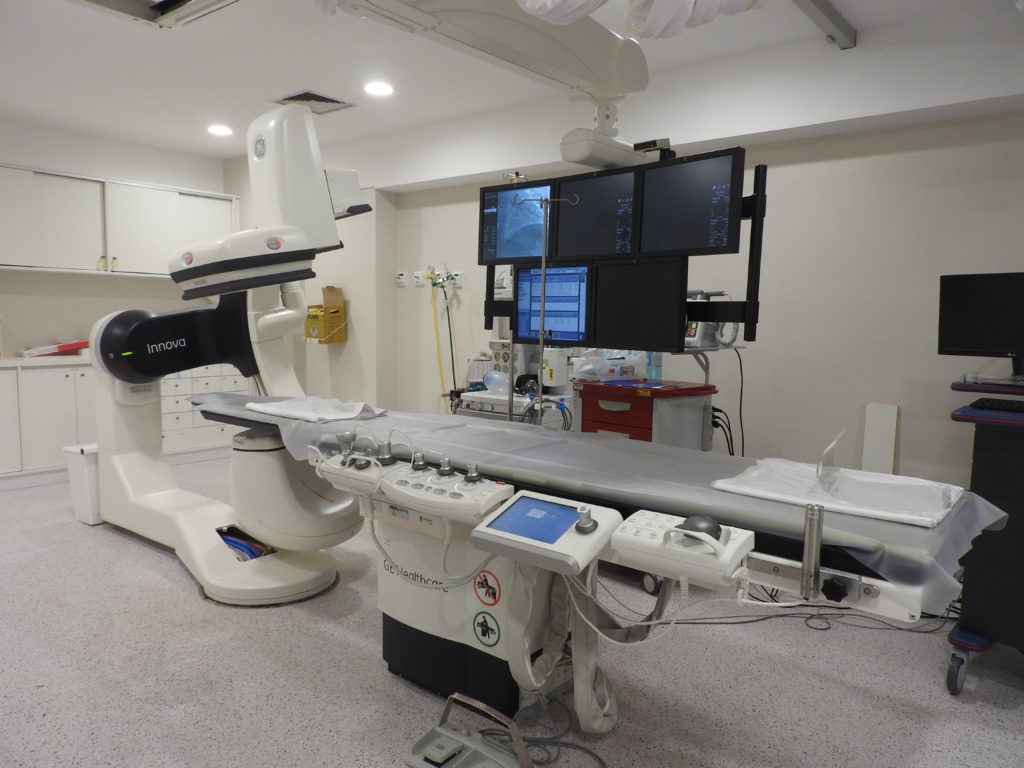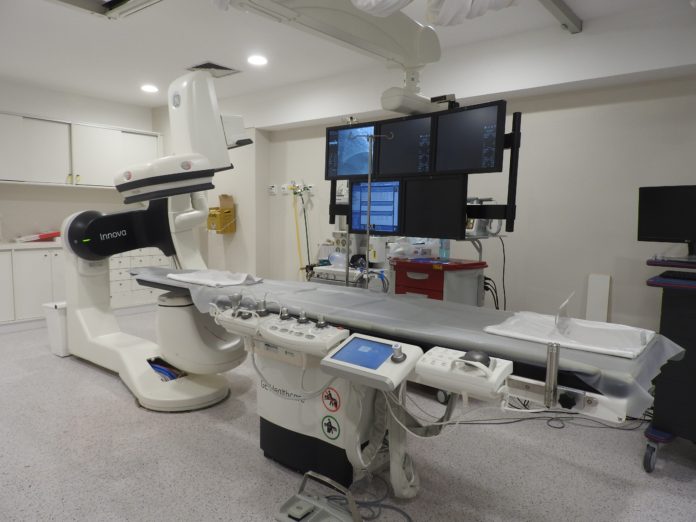By Clifford Akumu
Millions of Kenyans cannot afford to pay for health services in public or private clinics because of poverty.
And so the mooting and subsequent roll out in pilot stages of universal health coverage in four counties of Kisumu, Machakos, Nyeri and Isiolo was seen as a path to giving the much-needed boost to achieving a healthy nation mantra.
It is arguably the root to human right to health and one of the smartest investment any country can make. A 2014 World Bank report on healthcare in Kenya showed that only 20 per cent of Kenyans have access to medical insurance.
For starters, universal health coverage (UHC) which forms one of the Big Four Agendas of President Uhuru Kenyatta aims to ensure all people, everywhere, can access the quality health services they need without suffering financial hardship.

Fast forward; today according to Health Cabinet Secretary Sicily Kariuki, after several pilots, the program has seen a surge in patient numbers and increased demand for access to health services.
Speaking during this year’s Kenya Health Forum the health CS revealed that shortage of health workers including doctors, nurses and clinical officers now pose a threat to the smooth running of the programme.
And as the country moves towards the national scale-up, the ministry of finance has allocated Sh47.8 billion for the financial year 2019/20 out of Sh92.7 billion that was allocated for health. Health experts now agree this allocation falls below the recommendations and is likely to jeopardize the aspiration of effective scale-up of UHC.
But, the raging debate is currently on funding mechanism that will enable the government attain universal health coverage. Pundits agree there is need for further analysis on the cost of care to be able to agree on which funding model that will support attainment of UHC to adopt as a country.
Health experts, as part of their resolutions from the forum, are candidly rooting for the adoption of tax-based financing model so that the counties can fastrack the benefits of the programme before going into health insurance model.
And for UHC to achieve its intended goal, add experts, public funding for healthcare will need to increase significantly so as to reduce the high out-of-pocket costs. They now wants the government to increase budget allocation from the current 6 per cent of the Gross Domestic Product to 15 per cent noting it can help fill the financing gaps. And they point out by increasing pull of healthcare services financing from sin-taxes and tracking of public investment in healthcare is a sure way of hitting the target.
Adopting primary healthcare approach with substantial investment in preventive measures is also vital in achieving UHC.The approach entail scaling up immunization services, Maternal and Child Health Services including family planning, skilled delivery, and antenatal and postnatal care services.
“As a country and health experts we all need a clear-cut decision on how we are going to approach the implementation of UHC;whether we go the taxed-based or social health insurance way?” posed Seme Member of Parliament James Nyikal,also member of the Health Committee in the National Assembly.
Quality of healthcare, they added, need to be top-notch to accelerate the achievement of the programme. There has been a worrying trend in communication breakdown between health providers and patients where many patients do not understand what they are being treated for, the forum heard.














